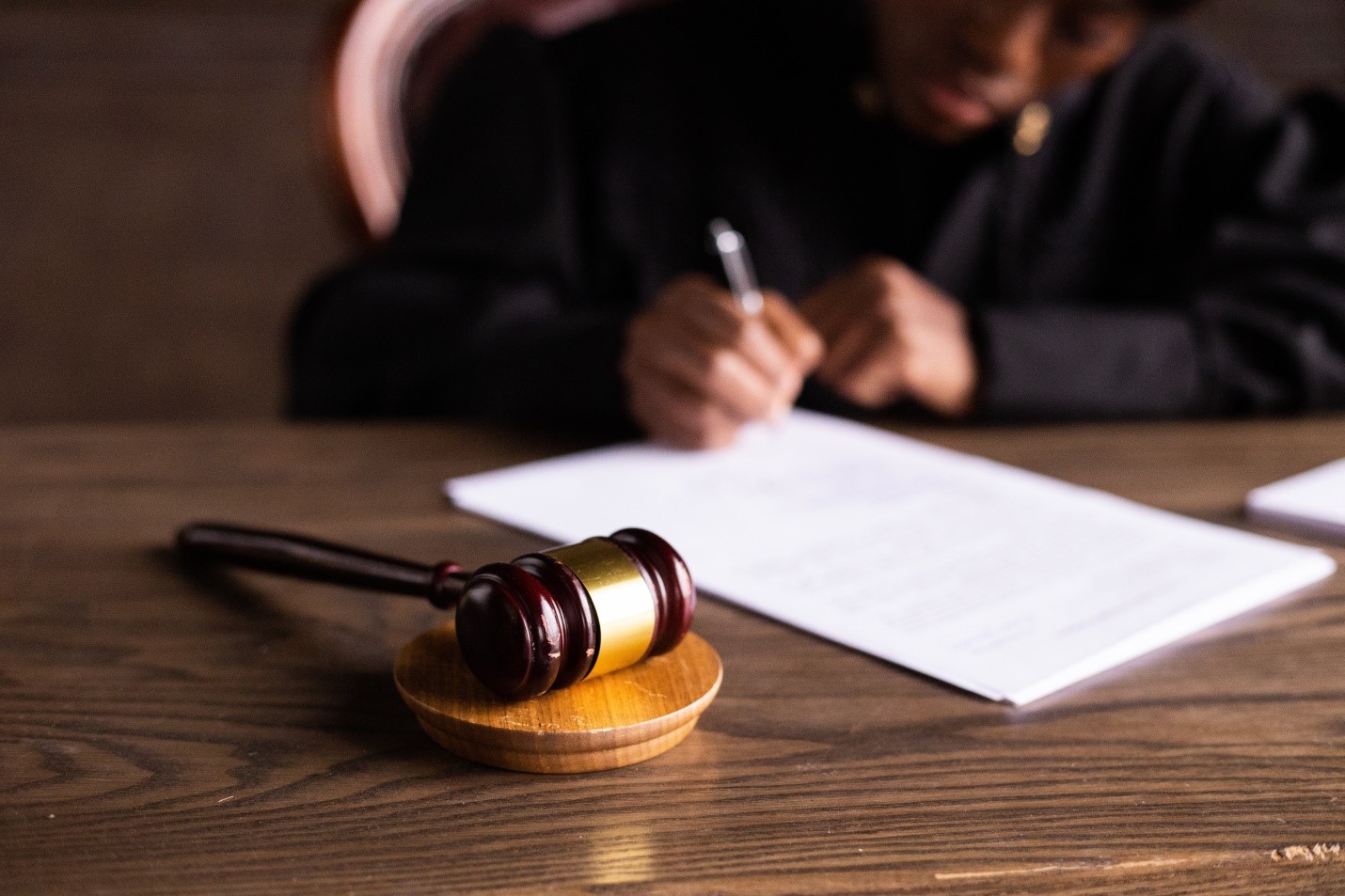Family court deals with issues like divorce, child custody, adoption, and domestic violence. It provides a straightforward way to settle problems and protects people’s rights.
Knowing how things work makes it easier to deal with these issues. Sometimes, the court may dismiss a case if the people involved come to an agreement or if there isn’t enough proof.
Understanding What Family Court Does
Family court is essential for settling legal problems within families, like divorce, who gets to keep the kids, financial support, adoption, and protection from domestic violence. Its main aim is to support children’s and families’ needs while ensuring their legal rights are safe. The court has a system that helps make fair decisions for everyone involved.
Common Issues Dealt with in Family Court
Family courts handle home-related problems, like divorce, spousal support, and dividing property. They deal with issues like who gets to take care of a child, when one parent can see the child, adopting children, who is in charge of a child, money for raising a child, and protection from domestic violence. Family courts are set up to deal with important issues and try to understand the laws and the feelings involved in family situations.
The Family Court Process: What You Should Know
Going through family court includes a few essential steps, like submitting your first documents and attending meetings. The process usually starts when one person submits a legal complaint, like asking for a divorce or custody of a child. Both sides can share proof or try to agree on a solution, sometimes with help from a mediator.
The case will go to court if an agreement can’t be made. A judge will then decide what happens based on the law and what is best for any children involved. During the process, people should be ready for court meetings, fill out forms, and maybe get a lawyer to help protect their rights.
Your Rights and Duties in Family Court
In family court, people have certain rights. They have the right to have a lawyer, the right to show evidence, and the right to ask for a review of any decisions they don’t like. Both sides need to follow court orders, like how to care for the kids or make child support payments. Knowing your rights is essential so you get a fair chance to speak.
Meeting your responsibilities is vital for following the law and keeping good relationships in your family. Getting help from a lawyer makes dealing with these rights and responsibilities easier in family court.
Mediation versus Going to Family Court for legal issues
Mediation and litigation are two main ways to settle disagreements in family court. Mediation is when a neutral person helps both sides agree without going to court. The focus is on working together and understanding each other.
It is usually quicker, less aggressive, and cheaper. Litigation is when a legal case is taken to court, and a judge decides what happens. While going to court might be needed for complicated or complex cases, mediation is better because it helps people work together. Knowing both choices helps families pick the best way to solve their problems.
Going through family court can be challenging, but knowing the steps, your rights, and your choices can help you make better decisions. The family court somewhat settles important issues by talking things out or going to trial. An important part is the disposition hearing, where final decisions are made about custody, support, or protective orders to ensure a fair result.



 Bitcoin
Bitcoin  Ethereum
Ethereum  XRP
XRP  Tether
Tether  Solana
Solana  USDC
USDC  Cardano
Cardano  Lido Staked Ether
Lido Staked Ether  TRON
TRON  Avalanche
Avalanche  Toncoin
Toncoin